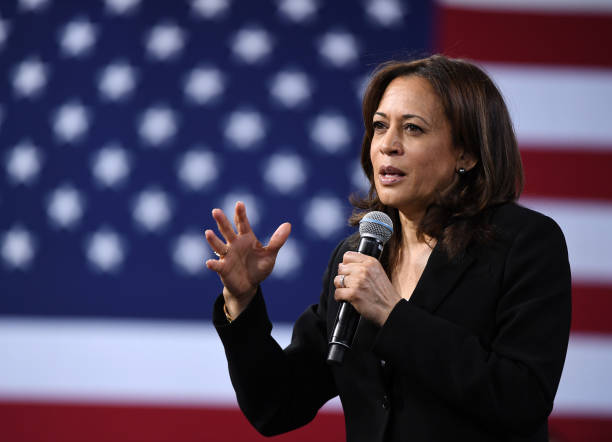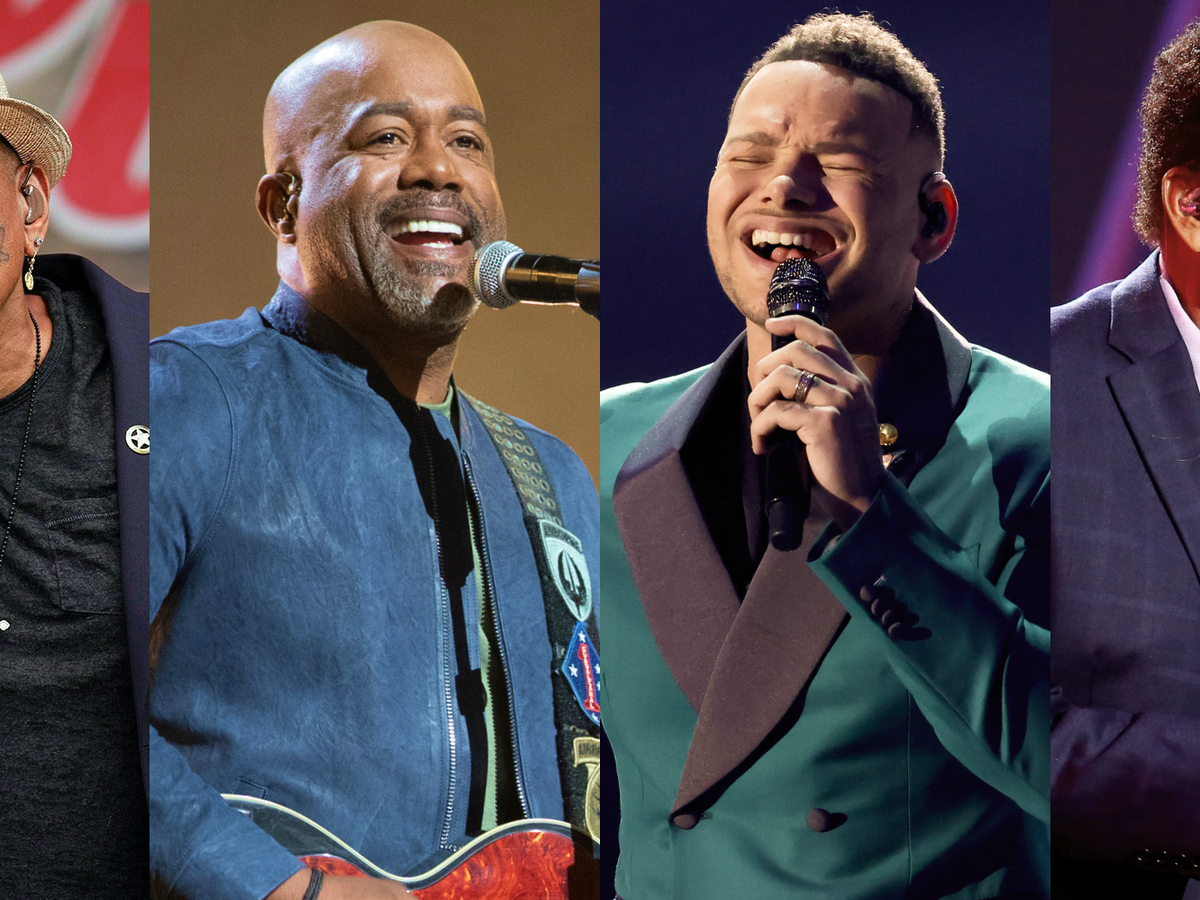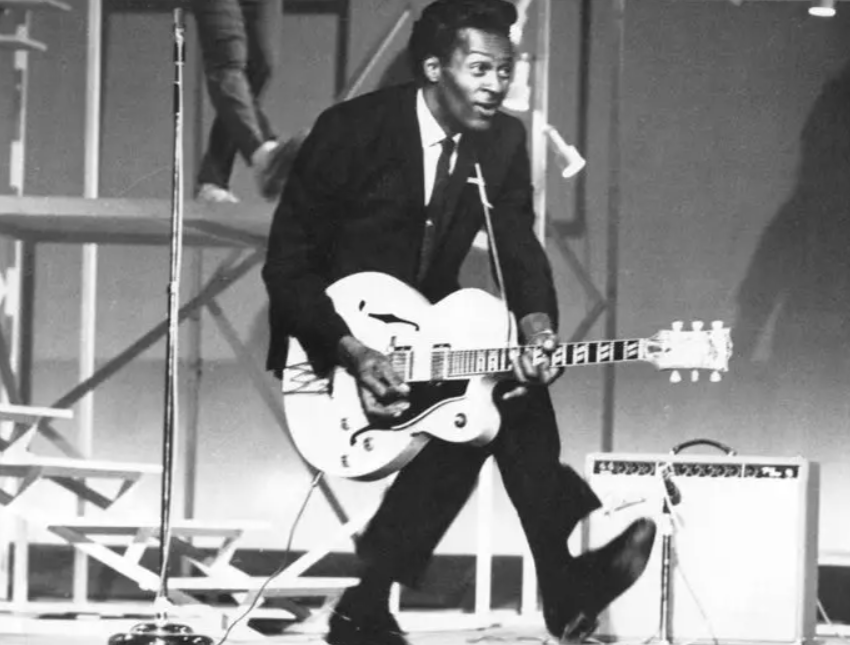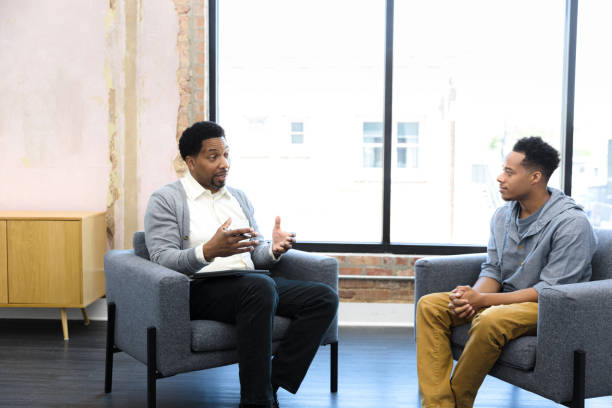(ThyBlackMan.com) My Older brother Donald was actually my uncle, but we were close enough in age that he was pretty much a sibling. I’d looked up to him from the day I was born and followed him around for the next 25 years. I followed him to my first trip to the movies, I followed him to prison, I followed him to the unemployment line, the rehab clinic and even followed him into the streets when he had no place to live. I never went to most of these places physically, but where his life took him, my spirit and mind always went to the same location.
In his last days, I followed him to the hospital when he was getting brain and spinal cord surgery after being hit by a car and dragged 70 feet. I followed him from my cradle to his grave (he died of infections two years later after being paralyzed from the waist down) and saw the evolution of a black man who was effectively a product of a broken society. He carried a list of demons so long that even Satan himself couldn’t recite them all. But the bottom line was that I loved him. In fact, when I wrote my first book, “Everything you ever wanted to know about college,” it was dedicated to him.
When I was in graduate school, Donald and I used to ride around in the car listening to music, mostly hip-hop. I love hip-hop music more than any genre on the planet. In fact, it’s always been pretty much all I listen to. I remember one trip in particular, after Donald had just been released from prison for the second time. I put in a tape of the rapper C-Bo, sharing it with him the way most brothers share good music when we find it. I remember him asking me to take the tape out, saying, “I don’t like listening to somebody talk about smoking weed because it makes me want to go get high again, and I’m trying to stop smoking so much.”
listening to music, mostly hip-hop. I love hip-hop music more than any genre on the planet. In fact, it’s always been pretty much all I listen to. I remember one trip in particular, after Donald had just been released from prison for the second time. I put in a tape of the rapper C-Bo, sharing it with him the way most brothers share good music when we find it. I remember him asking me to take the tape out, saying, “I don’t like listening to somebody talk about smoking weed because it makes me want to go get high again, and I’m trying to stop smoking so much.”
Hearing that statement come out of Donald’s mouth was the precise moment when I started to think more carefully about the manner by which toxic, commercialized hip-hop music can affect the thinking of young black men. Here I was a person who never thought about smoking or drinking in his life, so the music didn’t get me to change my behavior all that much. But for a person who was already on the brink of disaster, even he could readily see that the information he put into his brain might be his psychological tipping point.
Here’s a fundamental and undeniable fact: Music is marketing. Marketing influences people. Companies spend billions of dollars to market to you on Madison Ave, largely because there is an infinite body of research that says that marketing modifies the actions of potential customers: It makes us give away our money, makes us see the world in a certain way, changes how we view even the most corrupt politicians, and impacts us in ways that the untrained mind will never see. DePaul University Marketing expert Dr. Tommy Whittler explained the beauty of the corporate mind f*ck in this way: ”The goal of the marketer is to influence you while still allowing you to think that you’re the one making all the decisions.”
So today, you have millions of people saying, “Music doesn’t affect the way people think,” even as they see millions of young people getting their bodies tattooed from head-to-toe, wearing dreadlocks like Lil Wayne, buying overpriced pairs of Sean John jeans, spending their last dollar on “Beats by Dre” headphones and tossing back Cirac at the club every other weekend.
For those of us who analyze hip-hop and black people, we see that music is a reflection of a cultural shift built around failed social programs. The 1980s and 90s were so horrific for African Americans, that both Michelle Alexander and I agree that our community deserves reparations for the War on Drugs. During that era, we saw skyrocketing numbers of single parent homes, which grew in almost direct proportion to the rise of the black male prison population. This doesn’t even count all of those who were killed, addicted or traumatized by drug use in black neighbhorhoods.
Out of this mental illness came gangsta rap. It was edgy, exciting and immediately recognized as a massive cash cow for corporate America. But by marketing this negative shift in our culture, we created a downward spiral of self-fulfilling prophecies. Pretty soon, millions of little black boys thought it was cool to be “gangsta,” even when they had no reason to be.
When I made this point, a woman on my Facebook page shut me down by saying, “A movie or song never motivated me to kill anyone.” She is probably telling the truth. Based on her Facebook profile, she didn’t look like a killer. But her problematically inductive remark is sort of like saying that “a McDonald’s commercial never made me go to McDonald’s, so their marketing doesn’t work on anybody.” The truth is that McDonald’s commercials tend to work mostly on people who are hungry and already acclimated to the taste of fatty, greasy food.
Translation: Almost no kid from a good family has been motivated to kill because of music. However, when you consider an impressionable young person with no education, no family structure, no job, and easy access to weapons (ie. The Southside of Chicago), this music is exactly the inspiration he might need to push himself over the top when it comes to self-destruction. That’s why most of the gangstas I’ve known over the years love to blast their beats in the car for spiritual reinforcement….and they ain’t listening to Country Music.
A man I know who taught school in Compton, California during the 1980s told me that even though the members of NWA were not going around killing anybody, their songs became “War Music” for the thousands of gangbangers in the black community. Did NWA create gangs, drugs and violence? Of course not. But that doesn’t mean that didn’t play a role in making it popular. Remember: McDonald’s didn’t invent the hamburger, but they convinced millions of people to eat hamburgers who might not have done so otherwise.
Sometimes, we’re tempted to look at the good that an artist is doing as a way to ignore any of the negatives. For example, we celebrate the Forbes list of the richest men in hip-hop, somehow hailing these men to be exactly what we want our sons to be when they grow up. I’m not here to say that these men are all bad people, but I’m not sure if we can say that they are good people either. A man who gets rich partnering with white people to sell gangsta rap, liquor, violence, sexual promiscuity, prison culture and drug use to young black children might not be the best role model we can find. Show me the black man who got rich selling books, and I’ll gladly wash his feet in public.
The strategy of easy economic forgiveness (pretending that a man is a good person because he’s rich) reminds me of corporations that sell overpriced drugs that give away 2% of their profits to charity. They are financially violating you with their right hand, and giving you a gift with the left. Similarly, a woman on my Facebook page asked me what I think about the drug dealer in her community who gives away backpacks to kids at the start of the school year.
I responded to her question with a question: “If I give you a turkey, but the turkey is poisoned, do I still get credit for feeding you?”
Here’s the bottom line: If we’re going to continue allowing others to poison us, let’s at least stop lying about it. Let’s stop pretending that the disrespect of black women in music is not at an all-time high. Let’s quit pretending that there aren’t 10 million wannabe rappers and ballers in our communities who are never going to become the next Dr. Dre, but might instead become Uncle Willy, the 30-year old alcoholic. Let’s quit pretending that we’re not letting white corporations screw us in ways that would never be allowed if they were doing this to white people. Let’s stop pretending that we actually care about our kids, because, by exposing them to these messages at an early age, we CLEARLY-DO-NOT.
Music must be analyzed and confronted with the keen understanding that there is a segment of our community who has become so addicted to the poison that they are going to resist those who seek to change the world for the better. Many of them are either immature, psychologically wounded or unaware of the way music impacts the subconscious mind, so their resistance must be taken into context. Additionally, there are some of us who are so hypnotized by money that we forget that gaining the world means nothing if you lose your soul (and future) in the process.
It’s time for hip-hop music to grow up and for black people to start giving a damn. But to do that, we must get past all the nonsense.
Staff Writer; Dr. Boyce Watkins
Dr. Boyce Watkins is the founder of the Your Black World Coalition. For more information, please visit http://BoyceWatkins.com.




















I agree with you Dr. Boyce. I also overstand the teacher from Compton, CA. as that was one of the 5 school districts that I was blessed to teach in from 1976 to 2004. Many of the parents of those young adults (who are now in the age groupings of ‘50s and early ‘60s) allowed the malicious inclusion of entertainment to ‘co-parent’ their children. I will not say that a generation has been lost; however, it has been severely blemished. I’m currently not teaching but instead refueling with the intent of hitting the front lines again.
~~~Hotep mtu~~~